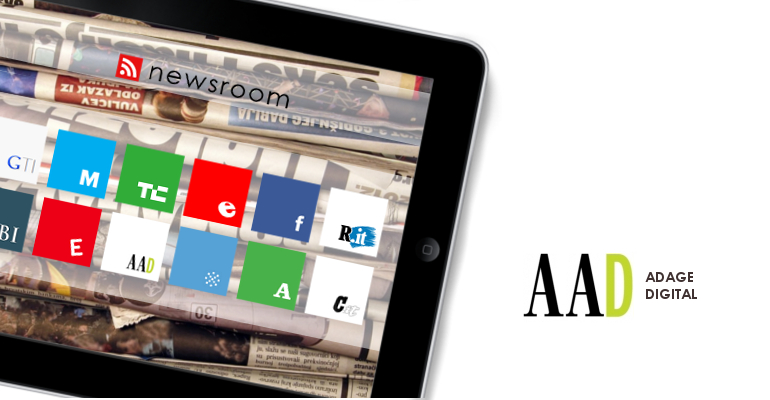Companies that are on social networks ask themselves what contents are most effective. Two recent studies help give an answer to this question: the first one, conducted by the Austria-based company Knallgrau, analysed to what extent corporate pages become viral on Facebook; the second one, carried by the Massachusetts Institute of Technology (MIT), studied the possibility of forecasting Twitter trends.
The study by Knallgrau defined virality as the sum of the “likes” a post gets, how many times it is shared and the amount of comments it receives, divided by the number of fans that the page has. The results are sometimes obvious, while other times they are surprising: while it could be predicted that virality values could increase when posts have pictures and short texts (one to three lines), finding out that they lower when they have links and videos might come as a surprise.
Furthermore, the study recommends that businesses should use moderation: the highest values are achieved by posting 1 to 10 times per month, while theydiminish when their frequency increases. The same goes for content highlighting: it works if it’s not used too often.
MIT conducted an even more ambitious research, which developed an algorithm to predict what topics will trend on Twitter at least one hour in advance, with peaks of up to five hours: a tip that can be extremely valuable for corporate marketing and communication.
The results are amazing: the algorithm – that was “trained” by combing through a sample set of 200 topics that did trend and 200 that didn’t – when set loose on live tweets predicted topic trending with 95 percent accuracy. What’s more, according to the researchers, the system’s accuracy will improve as the size of the training set increases.










